Doctrine Of Deification In The Greek Patristic Tradition
$295.00
1. Introduction
2. Deification In The Graeco-Roman World
3. The Jewish Paradigm: From Ezekiel To The Yored Merkavah
4. The Earliest Christian Model: Participatory Union With Christ
5. The Alexandrian Tradition I: Christian Schools And Study-Circles
6. The Alexandrian Tradition II: The Imposition Of Episcopal Control
7. The Cappadocian Approach: Divine Transcendence And The Ascent Of The Soul
8. The Monastic Synthesis: The Achievement Of Maximus The Confessor
9. Epilogue
Additional Info
Deification in the Greek patristic tradition was the fulfillment of the destiny for which humanity was created – not merely salvation from sin but entry into the fullness of the divine life of the Trinity. This book, the first on the subject for over sixty years, traces the history of deification from its birth as a second-century metaphor with biblical roots to its maturity as a doctrine central to the spiritual life of the Byzantine Church. Drawing attention to the richness and diversity of the patristic approaches from Irenaeus to Maximus the Confessor, Norman Russell offers a full discussion of the background and context of the doctrine, at the same time highlighting its distinctively Christian character.
in stock within 3-5 days of online purchase
SKU (ISBN): 9780199265213
ISBN10: 0199265216
Norman Russell
Binding: Cloth Text
Published: March 2005
Oxford Early Christian Studies
Publisher: Oxford University Press
Print On Demand Product
Related products
-
Lambs Supper : The Mass As Heaven On Earth
$25.00Add to cartBestselling author Scott Hahn sheds new light on the Mass, offering readers a deeper appreciation of the most familiar of Catholic rituals .
Of all things Catholic, there is nothing that is so familiar as the Mass. With its unchanging prayers, the Mass fits Catholics like their favorite clothes. Yet most Catholics sitting in the pews on Sundays fail to see the powerful supernatural drama that enfolds them. Pope John Paul II described the Mass as “Heaven on Earth,” explaining that what “we celebrate on Earth is a mysterious participation in the heavenly liturgy.”
The Lamb’s Supper reveals a long-lost secret of the Church: The early Christians’ key to understanding the mysteries of the Mass was the New Testament Book of Revelation. With its bizarre imagery, its mystic visions of heaven, and its end-of-time prophecies, Revelation mirrors the sacrifice and celebration of the Eucharist.Beautifully written, in clear direct language, bestselling Catholic author Scott Hahn’s new book will help readers see the Mass with new eyes, pray the liturgy with a renewed heart, and enter into the Mass more fully, enthusiastically, intelligently, and powerfully than ever before.
-
Dare To Be More
$6.99Add to cartUnofficially known as the patron saint of the internet, Blessed Carlo Acutis is a role model for today’s teens and adolescents. An ordinary teenager of the millennial generation, he enjoyed soccer, computers, and video games, but he was also committed to Mass, confession, and prayer. He used his computer savvy to spread devotion to the Eucharist and understanding of Church teachings. He was diagnosed with leukemia and was only 15 years old when he died. He was beatified by Pope Francis in Assisi on October 10, 2020.
-
Prayer In The Digital Age
$16.99Add to cartThe digital age is an age of information overload. In this noisy, technology-driven world, full of important news and urgent messages, spending silent time in prayer can seem impossible.
In his second book, Matt Swaim brings to light the obstacles to prayer inherent in our digitally-connected culture and explores both the challenges and benefits of living a Christian life in the 21st century. Drawing on the spiritual wisdom of such masters as St. Ignatius of Loyola, St. Therese of Lisieux, and Venerable Pope John Paul II, Swaim provides practical suggestions for learning how to “unplug” and incorporate prayer into one’s daily life.
Delve into how technology truly affects our faith:
In a culture suffering from information overload, what’s the difference between knowing facts about God and actually knowing God?
How does our desire to be entertained interfere with knowing God as He really is, rather than just as we want to perceive Him?
What are the distinctions between employing media and information as tools to aid evangelization and spiritual growth while avoiding a purely consumer approach to the faith?
How can information overload deaden our ability to listen?
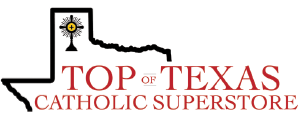
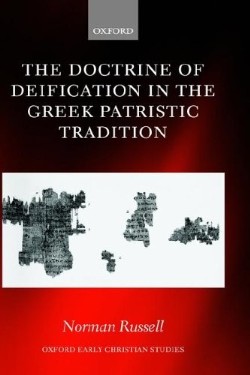
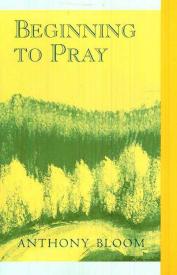
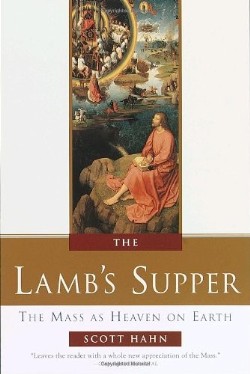
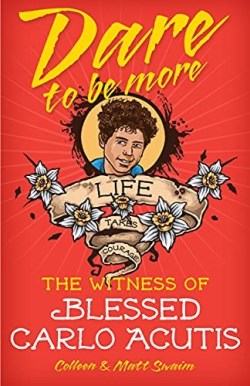
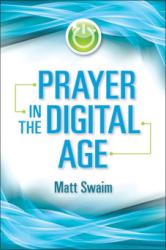
Reviews
There are no reviews yet.